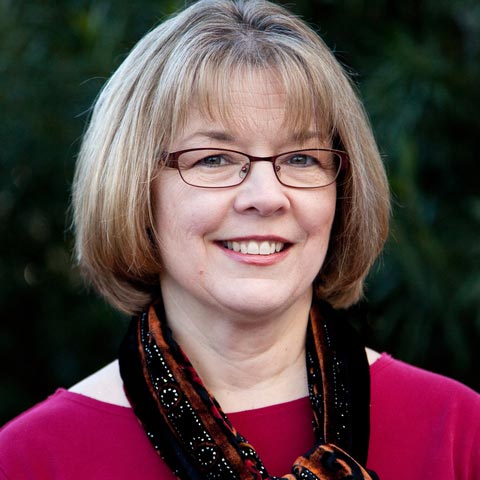Bed and Breakfast FAQs for Buying or Building
What is a Bed and Breakfast?
The term Bed and Breakfast, or B&B for short, have often been confused with other lodging forms, so let’s explain (and there is no exact definition, but generally accepted in the hospitality industry). A B&B is a professional lodging establishment where the owner typically lives on-premises or close to the property. Breakfast (hence, the second “B”) is served to those guests who have stayed overnight and can range with a variety of menu items, from continental to absolute gourmet.
A B&B is licensed by the appropriate area in which it is located and follows all necessary regulatory practices. B&Bs can vary in the number of rooms to be offered for rent, from 1 or 2 rooms to larger B&Bs that can exceed 20 rooms.

This definition can be distinguished from Airbnb, as this type of accommodation is typically considered more of a short-term vacation rental (more similar to VRBO). Short-term rentals typically do not serve breakfast and can be run a bit more casually or remote.
And, a Full-Service Inn, or sometimes called Country Inn is another extension of a B&B that is typically serving other meals besides breakfast to their guests or the general public. Full-Service Inns can vary in size as well and are often managed by the owners who are the innkeepers.
How do I Start or Open a Bed and Breakfast?
Starting a Bed and Breakfast is not a whim or casual decision. A professionally run B&B or Inn is entered into with passion, of course, but also with good information and education. Take the time to find out what you don’t know. And this can be done with online seminars, books, joining local, State or National Associations, and becoming a solid student in the field of hospitality and business. Passion is essential!
You have to want to get up each day and assist your guests to have a truly memorable experience ( I owned an 18 room Inn myself and always remembered this each and every day). But, you also need some business skills to manage your business to make sound financial and operational decisions. So, get some education, network with Innkeepers, find the right people to be on your team to assist you on this journey!
Do I buy a Bed and Breakfast or convert a property?
There are often two paths that are considered when you want to open a B&B. First, do I convert a property to a B&B or do I buy an existing B&B? The answer is: that depends. There are numerous pros and cons to each, but first, you must decide on what direction meets your needs. How risk-tolerant are you? What are your financial goals?
Where do you want to reside? These are just a few questions in a myriad of details to consider. Generally speaking, purchasing an existing B&B should provide a clearer definition of the success of the business and how well the inn is doing both financially and with the public.
Converting an existing property may provide you with the ideal location for you and allow you to create the Inn of your dreams but has many issues to consider such as sorting through the regulatory jungle to build or convert an existing property. Rule of Thumb, don’t buy a residential property without knowing if you can convert or build it into a business. Zoning rules.
How to Finance a Bed and Breakfast
Typically, financing a B&B is done with a commercial lender who will work with hospitality properties. A commercial loan is different from a residential loan as the loan is examined on the cash flow of the existing business or sometimes on the proforma financials of a to-be-built business. This loan has different terms and conditions from residential and often requires more down payment. Generally speaking, you will need about 30% of the purchase price of an existing Inn to move forward in order to have down payment and closing expenses.
There are local lenders who work with local businesses that can assist with such financing or a few national lenders who can also assist. Often, many of the loans are partially or wholly guaranteed through the SBA or Small Business Administration. And, there are a few additional options to financing, such as a 401(k) rollover, Community Development Financial Institution (CDFI), and potential owner financing.

